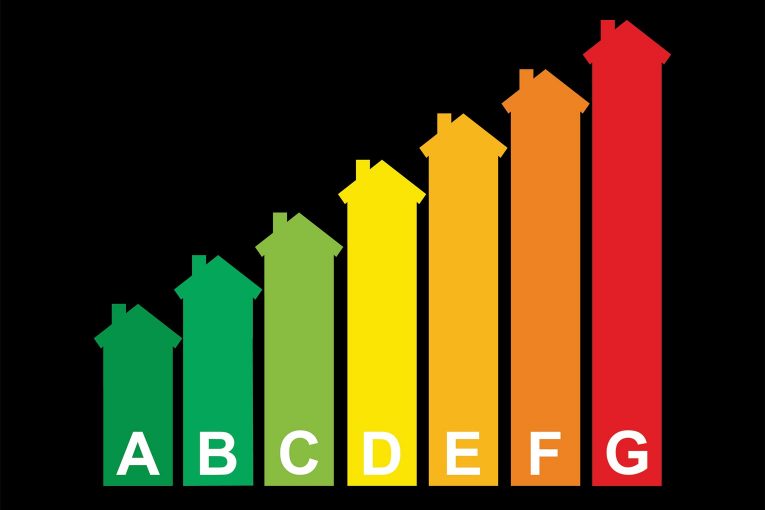New research from Mortgage Advice Bureau shows that almost two-thirds of landlords would consider selling their property due to not being able to afford the changes needed to meet the minimum level.
With an expected deadline of 2028 for landlords to retrofit their properties to a minimum of an EPC C rating, there is a need for more clarity regarding the help that is available to landlords.
Currently, landlords must have a minimum energy efficiency rating of an E to be able to let a property out, with exemptions for those properties which would cost more than £3,500 to retrofit to this level. It is expected that the government will announce a similar exemption for the new enhanced level, but with the additional cost involved to go from an EPC of E to C. This exemption is due to be set at £10,000, with the average home expected to cost £4,700 to retrofit to this level.
This leaves many landlords concerned and anxious about how they will afford these changes. According to the research, a quarter (25%) said it was likely they wouldn’t be able to afford the changes, while a third (34%) said it was quite likely they would sell their property instead of upgrading it.
For others, it seems the potential upgrade bill will be passed onto tenants, with a third (30%) saying they’d do this in the future. A further 30% said they had already passed on bills for other upgrades to tenants.
With many landlords facing a hefty bill and a race against time, a fifth (21%) of landlords are hoping that more help will become available to combat the cost of energy performance upgrades.
The government has placed a focus on retrofitting and renewable energy, with their recently expired ‘Green Home Grants’ and the newly announced ‘Great British Insulation Scheme’ (formally ECO+) to help improve the performance of the least energy efficient homes. However, there has been little in the way of policies, announcements, or clarity for landlords, leaving them confused about what upgrades will help.
26% said they are planning on installing a smart meter to help hit a grade C, 25% would install LED lighting, while only 16% have sought the help and advice from a professional tradesperson to understand which changes would benefit them most.
Other, more proven methods to improve EPC ratings were less popular, but are still being considered by landlords. Only 22% would consider installing a new modern boiler, and only a fifth (20%) would consider installing more insulation – a proven way of keeping heat in.
Almost a third (28%) said the cost of upgrading was extremely concerning and couldn’t have come at a worse time for them, considering the cost-of-living and interest rate increases which have squeezed the finances of many landlords. Although they did realise the need for the changes, 20% of those surveyed said it was an unfortunate but necessary spend, even though the cost was a concern. On the other hand, 32% said it was an unwelcome spend and a big worry of theirs.
Ben Thompson, deputy CEO of Mortgage Advice Bureau, said: “The need for more efficient housing is obvious and has had a lot of focus placed on it in recent months. For renters, it means potentially lower utility bills, and for the UK’s climate goals, our leaky housing stock is a big barrier to getting to net-zero.
“However, for landlords, the proposed changes to upgrade to at least a C instead of the current E will mean they face having to foot large retrofitting bills. Our research shows just how confused and worried they are by this. Even if (as rumoured recently) the government delay the proposed deadline to 2028 for all rental properties, it isn’t long to find the money needed for the upgrades. This is especially challenging when considering the recent economic climate, which has seen mortgage rates increase and the cost of everyday items go up and up. There clearly needs to be more advice, guidance, and help for landlords.”



